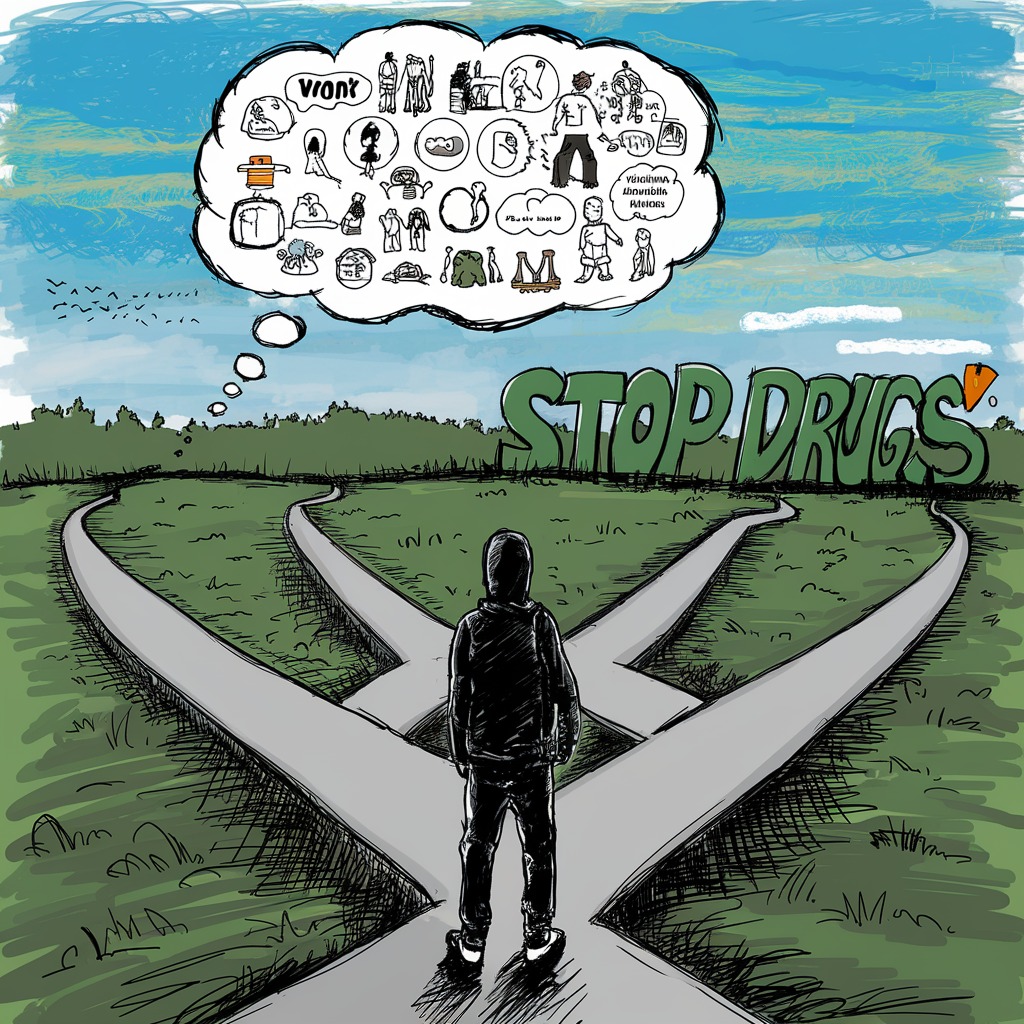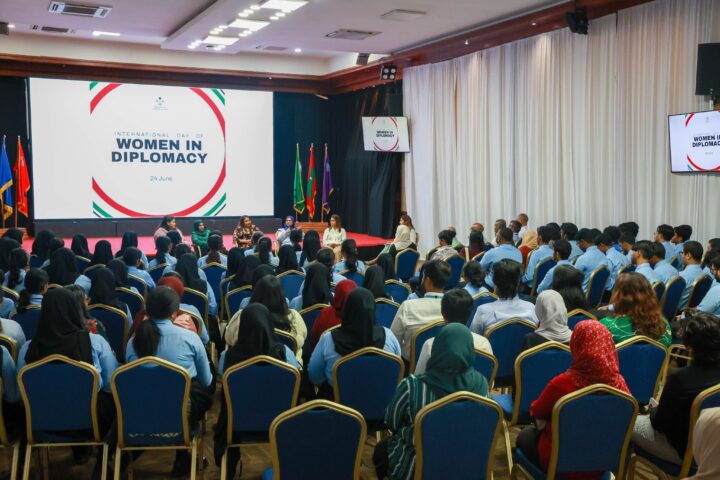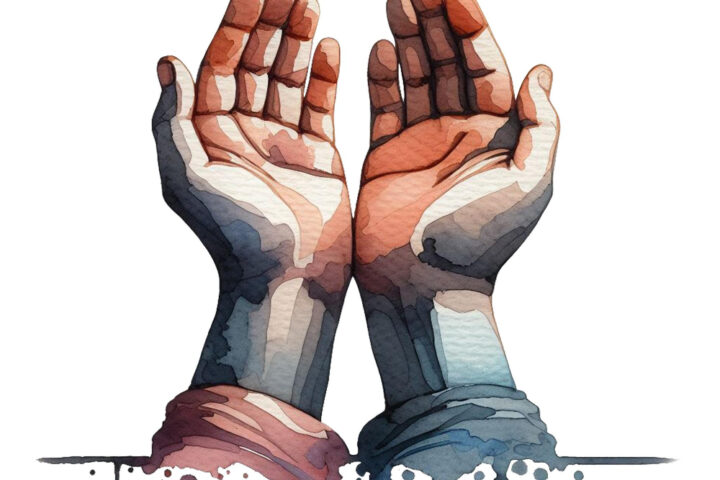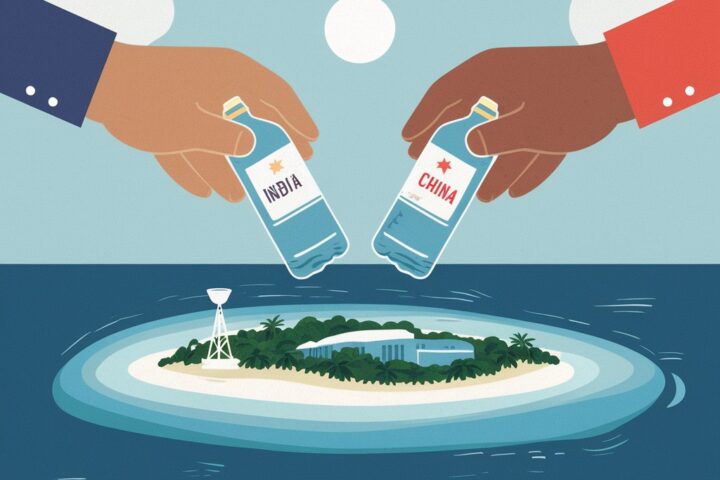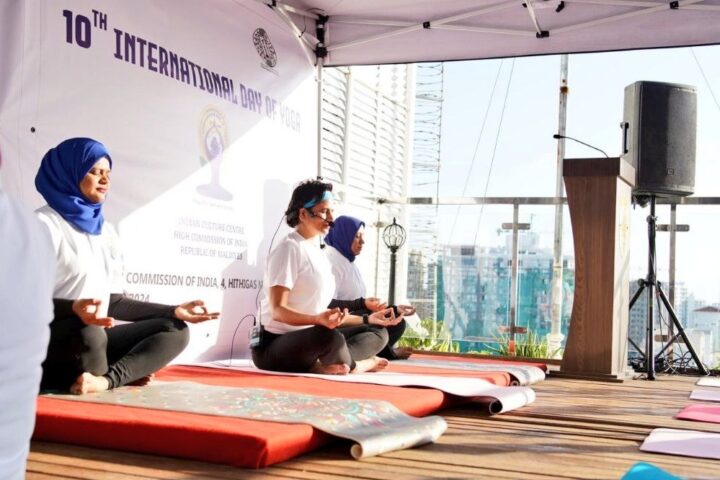In a startling disclosure at the Majlis 241 Committee, Homeland Security and Technology Minister Ali Ihsan revealed that over 50 locations in the capital city have been identified as drug dens, including government buildings. Responding to a query from Deputy Speaker Ahmed Nazim, Ihsan detailed that many of these sites are vacant and derelict properties. He mentioned an imminent meeting with Public Works to begin demolishing three government buildings currently used for drug-related activities.
The increasing drug-related crimes in the Maldives have prompted significant law enforcement actions. In April, police and customs officials seized drugs worth MVR 22 million in various operations over three days. Minister Ihsan announced on Twitter that 16.69 kg of narcotics were confiscated during these joint intelligence-led counter-narcotics operations, with an estimated street value of MVR 21.6 million. He commended the efforts of the police and customs, reaffirming his commitment to President Dr. Mohammed Muizzu’s vision of a drug-free Maldives.
Details about the seizure, including the specifics of the 16.69 kg of drugs, are yet to be disclosed. However, a notable police operation on Majeedee Magu led to the arrest of two individuals for street-level drug peddling, marking a victory in the fight against narcotics.
The recent surge in drug-related deaths has raised alarm among both officials and the public. A potent synthetic opioid, commonly known as China White, might be the culprit behind these fatalities, suggests officials. The highly dangerous nature of China White, often more potent than heroin, underscores the urgent need for intensified drug enforcement and public health measures.
The drug crisis in the country is a reflection of broader regional issues. South Asia serves as a major transit route for narcotics, with drugs often originating from Afghanistan and passing through countries like Pakistan and Iran before reaching their destinations. The Maldives’ strategic location makes it a critical point in this narcotics route, impacting both the local population and the wider region.
The Maldives’ struggle with drug-related problems underscores the global nature of the drug trade. International cooperation and intelligence sharing are vital in combating this menace. The recent drug seizures highlight the importance of joint operations between nations. Countries in the region, along with international bodies such as the United Nations Office on Drugs and Crime (UNODC), must collaborate to tackle the drug trade effectively.
Minister Ihsan also brought attention to the issue of repeat offenders in the capital. He reported that 46 individuals, involved in repeated thefts from homes and mosques, have interacted with the police over 4,000 times in the past six months. During his testimony to the Majlis Security Services Committee, Ihsan explained the legal challenges that hinder effective action against these offenders. The courts often release these individuals due to jurisdictional ambiguities, despite their frequent arrests.
Whenever talks turn to the topic of tackling crimes, the conversation inevitably turns to the shortcomings of the country’s criminal justice system. Minister Ihsan highlighted the significant hurdles posed by legal ambiguities and jurisdictional issues, which often result in the release of repeat offenders. To effectively combat crime and ensure long-term safety, there is a pressing need to address these systemic flaws. Reforming the criminal justice system is crucial for creating a more coherent and effective approach to prosecuting and rehabilitating offenders, thereby enhancing the overall efficacy of law enforcement efforts.
An ongoing operation aims to target the 21 most critical repeat offenders. Of these, ten have been sent to the National Drug Agency for treatment, while four others are detained for various cases. The police are actively searching for the remaining seven individuals. Ihsan expressed optimism that addressing these key offenders would enhance city safety but emphasized the need for a clear legal framework to ensure comprehensive action.
The Maldives’ efforts to combat crime and drug issues have significant implications. Success in these endeavors can bolster security and stability, serving as a model for neighboring countries facing similar challenges.
Minister Ali Ihsan’s statements highlight the complexities and challenges of addressing crime and drug issues in the country. The intertwined regional and international dimensions of these issues call for coordinated efforts and comprehensive strategies. The actions taken by the Maldives will not only affect its citizens but also have far-reaching implications for wider security and global drug trafficking efforts.

